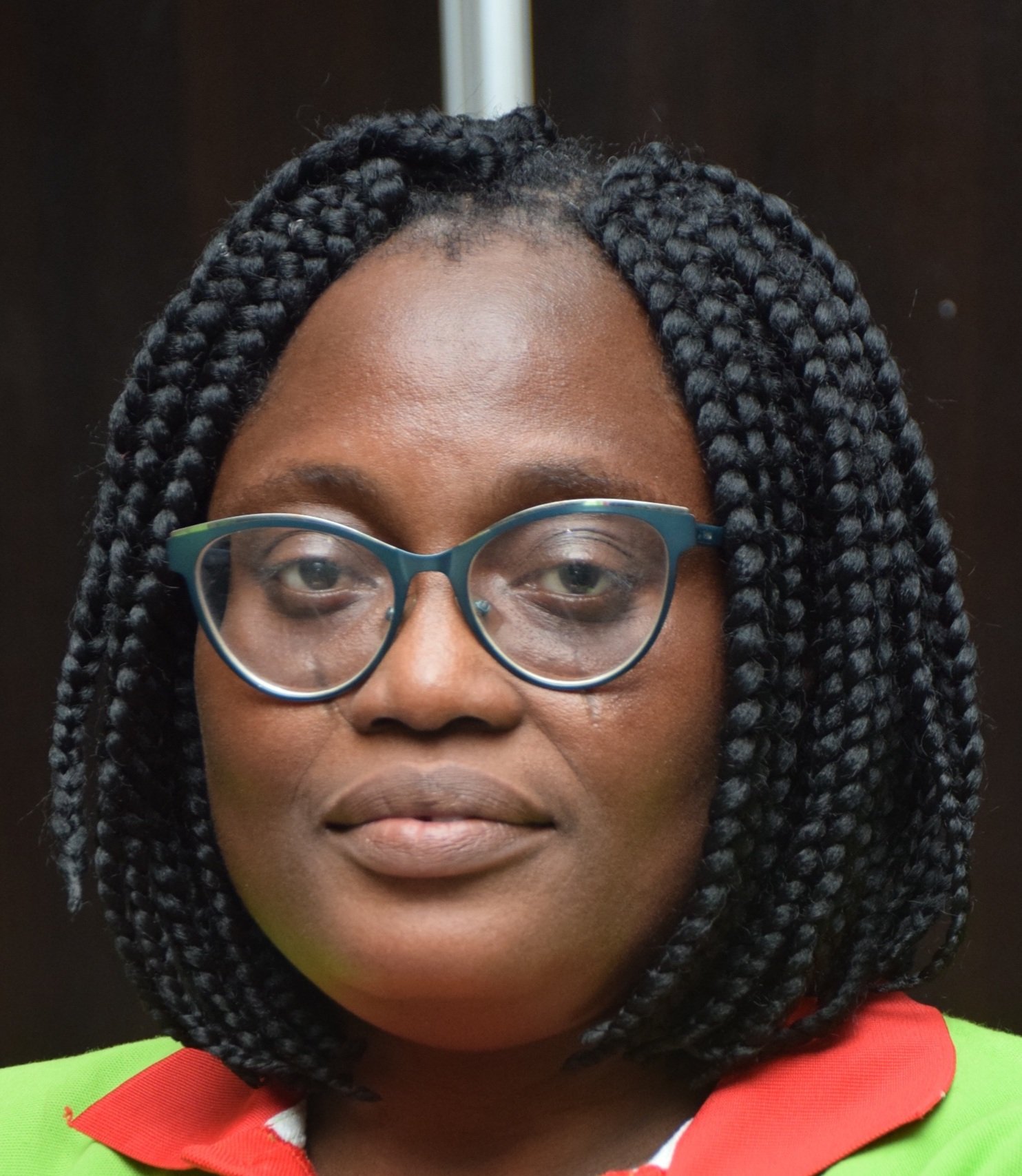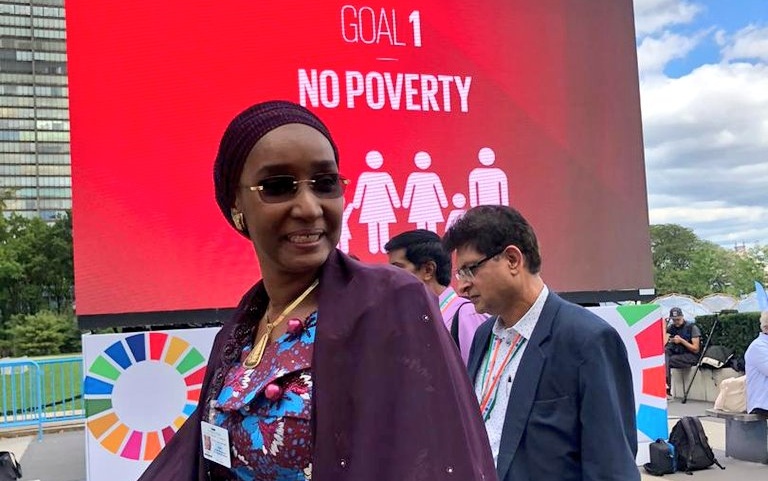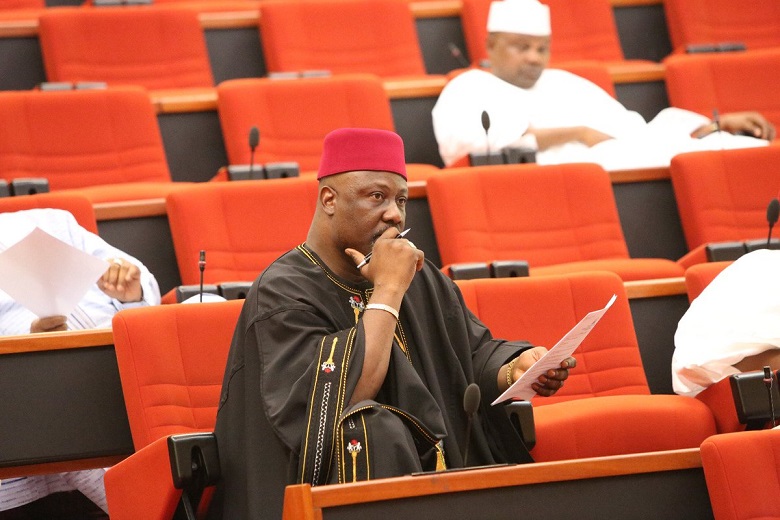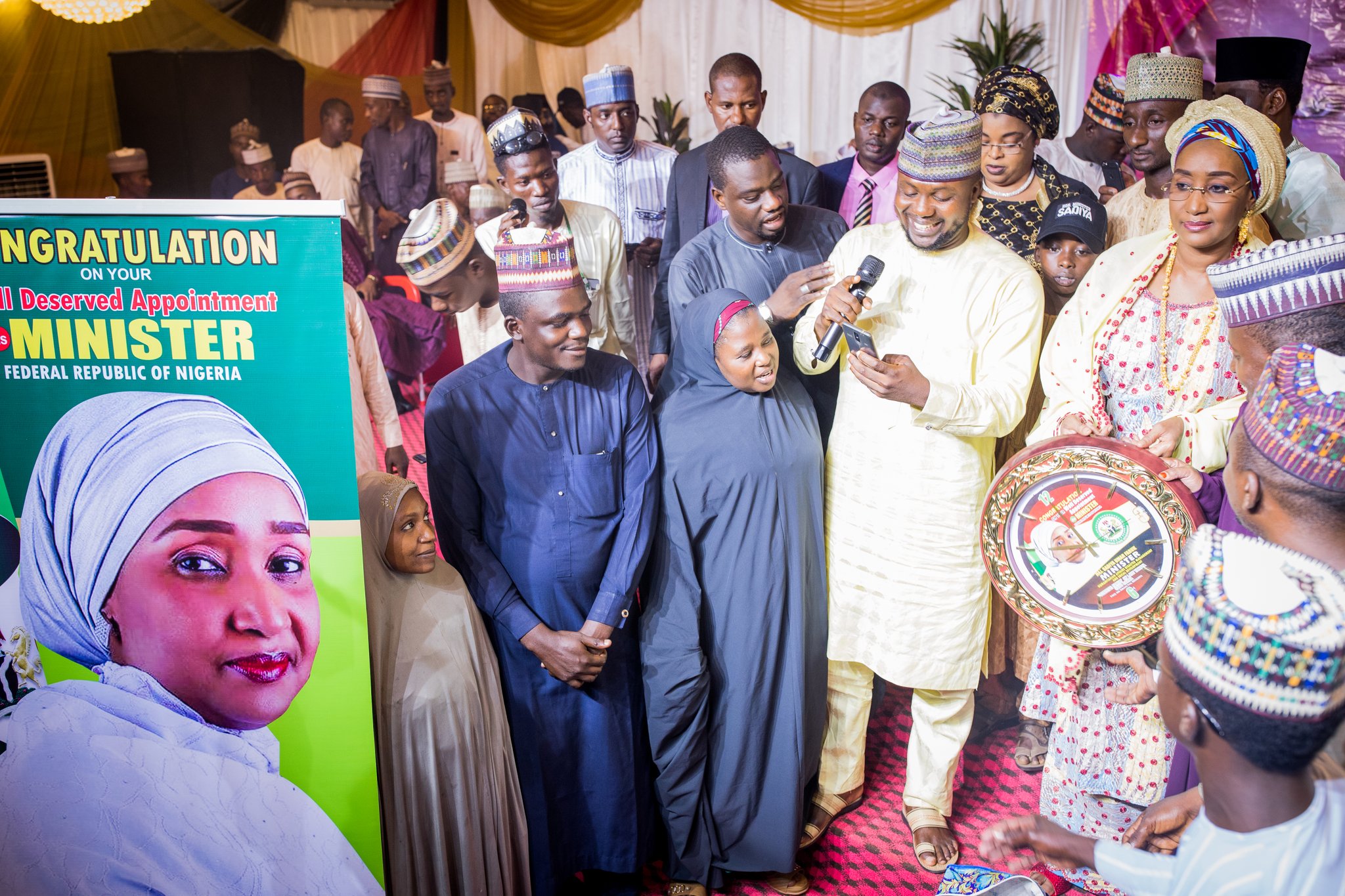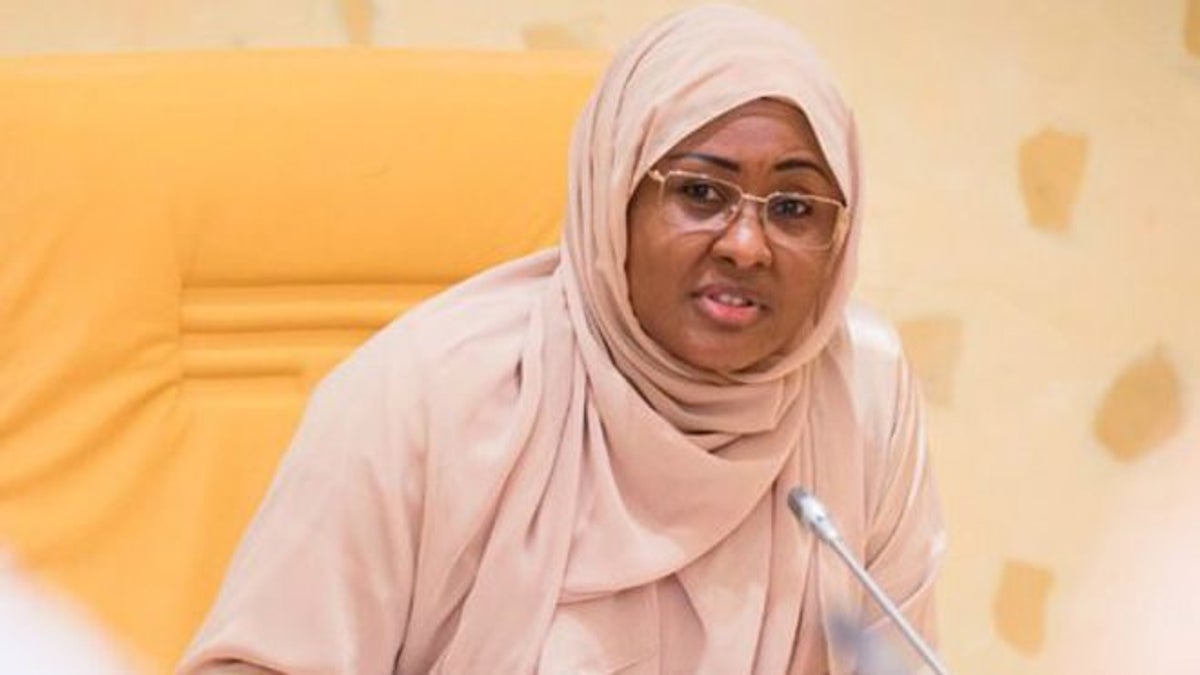Wumi Asubiaro Dada, lead researcher at Voices for Change, says lack of inclusiveness in governance is a major factor hampering Nigeria’s development.
Dada said this at a seminar organised by the Policy Development Facility Phase (PDF) II tagged, ‘Dialogue on inclusive growth: women’s participation’, in Abuja, on Thursday.
While presenting her report on the impact of women’s participation in governance on Nigeria’s macroeconomic performance, she said despite the acclaimed position of Nigeria as the giant of Africa, the country is not only on the low-side of development, but also the poverty capital of the world.
According to her, the country is in distress as the poverty level is glaring.
Advertisement
“One of the factors limiting the potential of the Nigeria economy is its non-inclusivity,” Dada said.
“Though Nigeria is the largest economy in Africa with a population of about 200 million, the GDP per capita is not looking good.
“The Gini co-efficient(economic gap within a country’s wealthiest and poorest citizens) for Nigeria stands at 48 and this worsened from 36 in 2004. Nigeria now ranked 63rd out of 74 countries.
Advertisement

She also said the challenges women face are structural, institutional and socio-cultural, adding that they must be eliminated for them to contribute in accelerating Nigeria’s development.
The need to involve more women in governance was also highlighted as a key point to the development of the country by other speakers at the event.
Nnenna Ukeje, former member of the house of representatives, said the political class still operates as an old boys’ association.
Advertisement
Ukeje said from 22 female members in the house in 2009, the number has reduced to 11 in 2019.
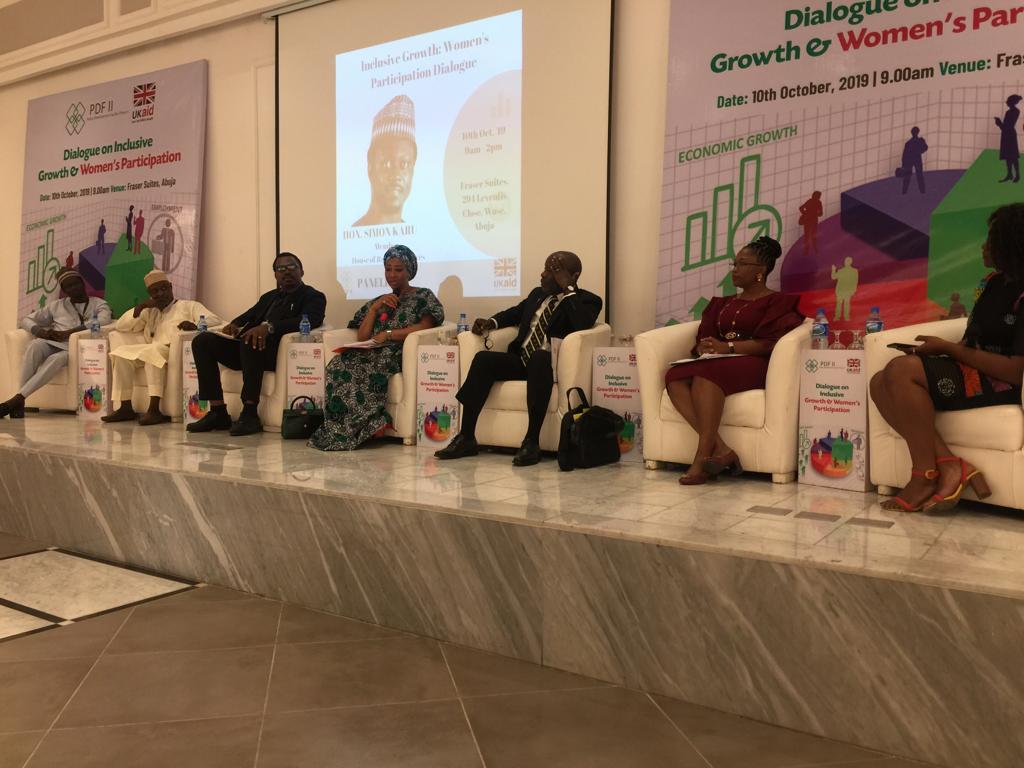
According to her, this shows women in Nigeria have not been given enough opportunities in politics to play a role in the development of the country.
Bose Olaniyi, deputy director in the office of the head of service, who represented Folasade Yemi Esan, acting head of service, said the federal government through various initiatives has achieved a milestone in providing equal opportunities for women in the civil service.
Advertisement
“In order to ensure gender-responsible budgeting, a number of MDAs such as ministries of agriculture and rural development and industry, trade and investment have a gender desk which anchors specific initiatives that are targeted at ensuring inclusion of women and girls in their respective activities,” she said.
“In the last 20 years, the federal civil Service has produced four women out of 11 at the helm of affairs.
Advertisement
“In the same vein, several female federal permanent secretaries have been appointed, while many other women are occupying strategic positions in the top echelon of the service.
“The number of female directorate level officers has continue to rise, while care is taken to ensure that there is fair representation on recruitment into the civil service.”
Advertisement
Advertisement
Add a comment
